How Autonomous AI Agents Are Changing Business Workflows in 2025

Introduction
In 2025, worlds apart but connected through technology, organisations in the UAE, USA and UK are turning to autonomous AI agents to reshape how work gets done. From managing complex finance workflows in London to orchestrating supply-chain logistics in Dubai and automating customer service operations in New York, these agents are stepping beyond chatbots to become proactive players in business ecosystems. In this article we’ll explore what autonomous AI agents mean, how they are driving workflow transformation, and why now is the time for your business to act — so let’s dive in.
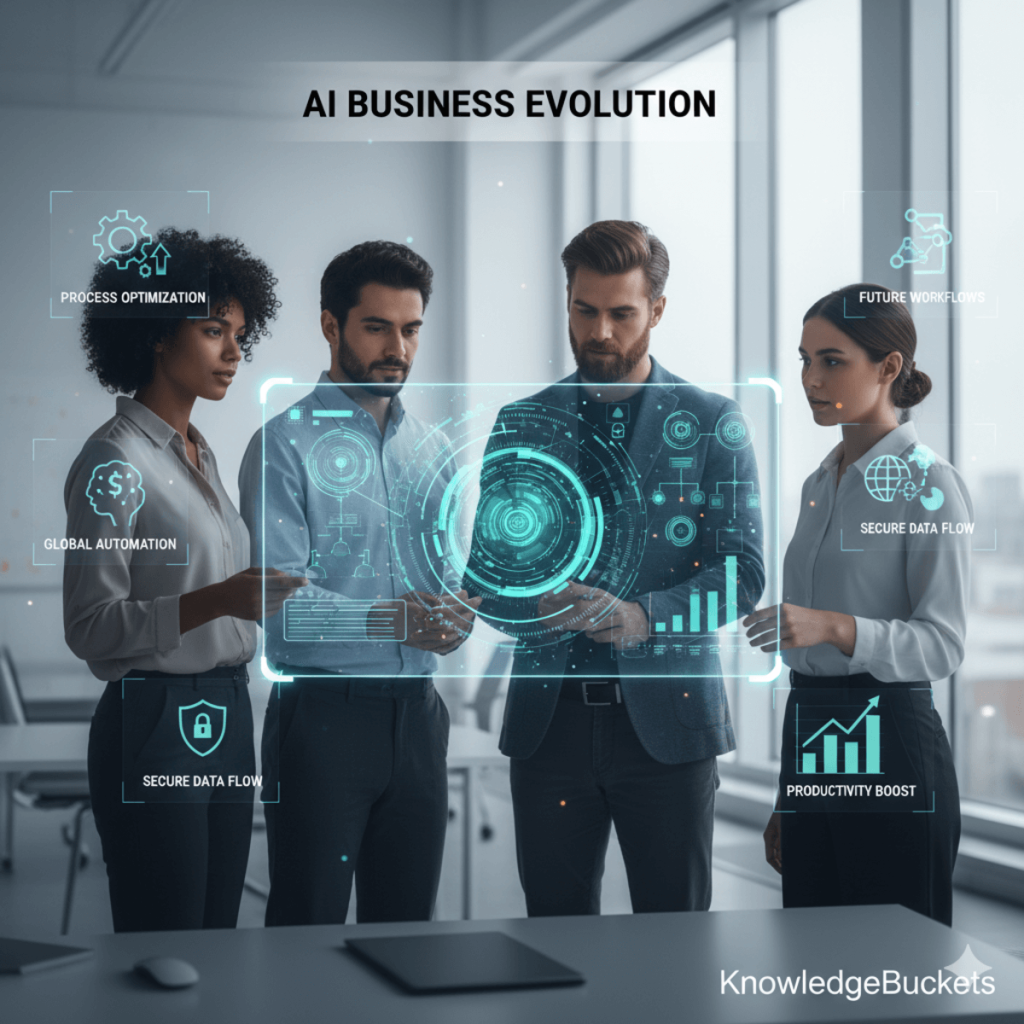
What Are Autonomous AI Agents?
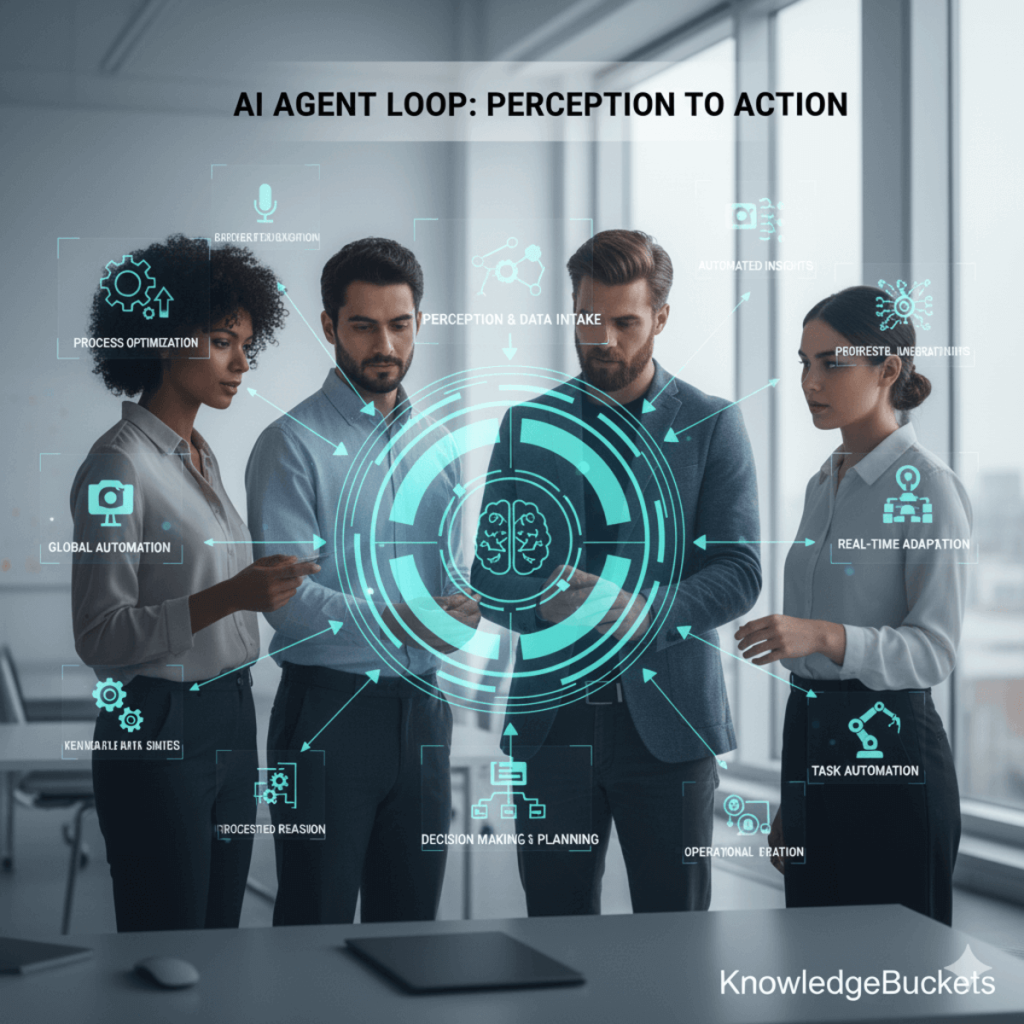
The term autonomous AI agents refers to intelligent software systems that perceive their environment, plan tasks, execute actions and adapt over time — often with minimal human supervision. Unlike traditional automation tools or static bots, these agents can reason about goals, access tools, make decisions and refine their strategy. According to one major research-report, 2025 is being heralded as “the year of the AI agent” where agents will significantly transform how work is done.
For example, these agents may be given a high-level business objective (e.g., “improve vendor invoice processing time by 30%”) and will autonomously orchestrate sub-tasks (fetch data, validate rules, send reminders, update systems) across multiple platforms. This level of orchestration moves beyond simple scripting or RPA (Robotic Process Automation).
In short: autonomous AI agents are now entering workflows, not just as assistants, but as digital coworkers or behind-the-scenes orchestrators. As one expert article notes, enterprises must understand precisely how these agents operate and integrate.
Why 2025 Is a Tipping Point for Business Workflows
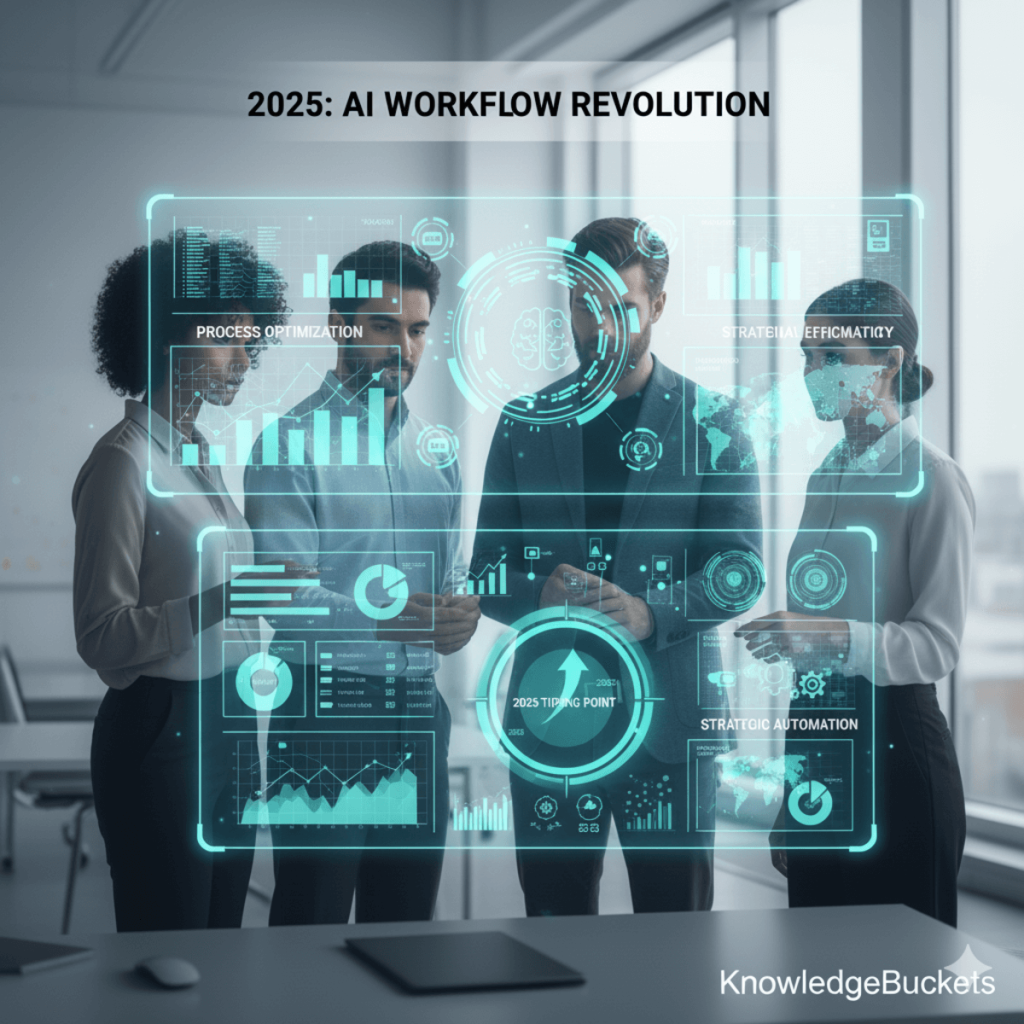
Several factors combine to make 2025 a pivotal year for autonomous AI agents in business:
- Mature infrastructure and availability of advanced models: Foundation models and enterprise-grade AI stacks are now capable of supporting agentic workflows.
- Growing business urgency: Many firms view AI agents as a competitive advantage—one report says up to 90% of businesses believe agentic AI could be a game-changer.
- Real-world ROI showing up: Firms deploying agents report improved productivity, faster decisions and lower error rates.
- Global reach – UAE, USA, UK readiness: Businesses in those regions have strong digital infrastructure, regulatory awareness and skilled talent ready to adopt. While not always identical, the pattern of enterprise AI adoption is aligned across them.
In essence, 2025 is when autonomous AI agents move from pilot experiments to enterprise workflow integration.
Key Use Cases Across Industries
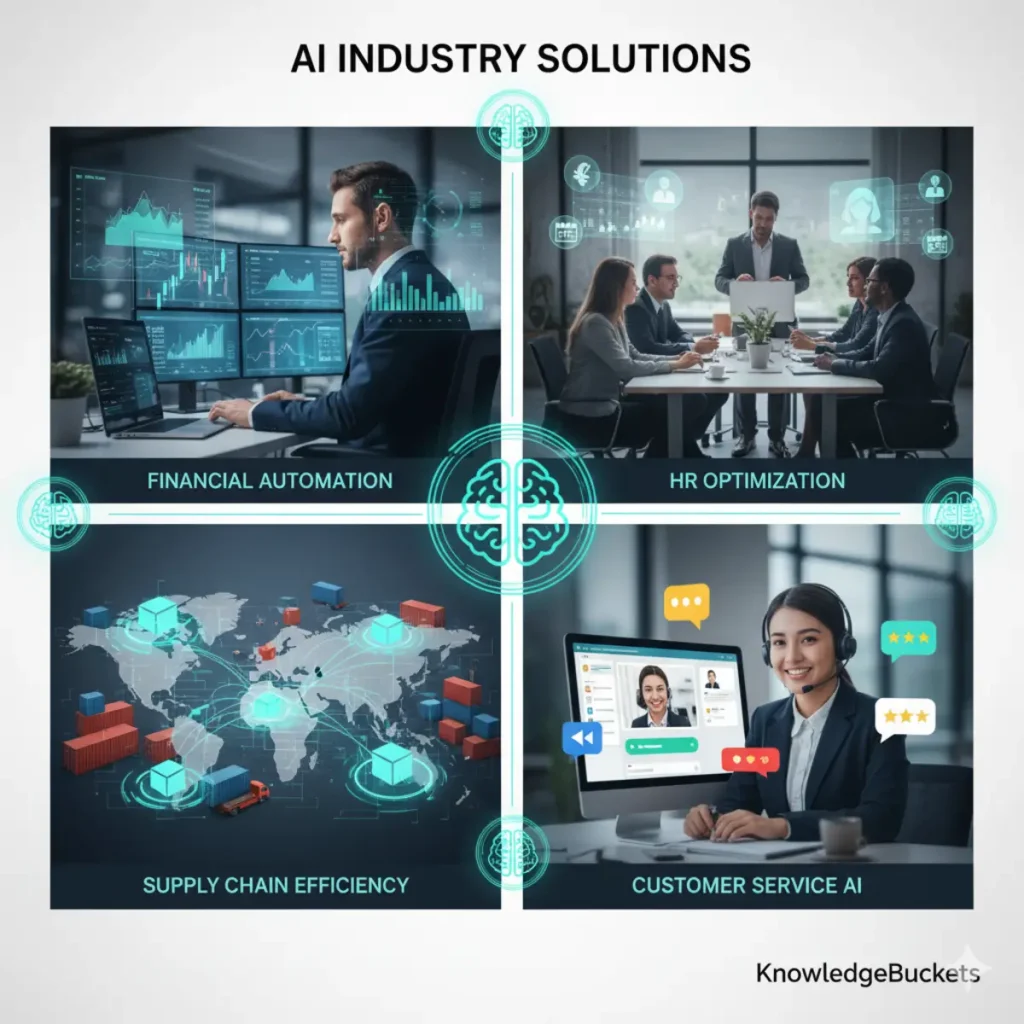
Let’s explore some of the most impactful use cases for autonomous AI agents in 2025:
Finance & Accounting
In finance functions, agents can autonomously process invoices, reconcile payments, detect anomalies and prepare reports. One academic framework found generative business process AI agents reduced processing time by up to 40 % and error-rates by 94 % in ERP workflows.
Human Resources / Talent Management
Recruitment, onboarding, and employee query resolution are now being piloted by intelligent agents that can screen resumes, schedule interviews and update HRIS systems without constant human oversight.
Supply Chain & Logistics
Agents are deployed to monitor inventory, forecast demand, schedule shipments and coordinate with vendors across geographies. Their ability to integrate data and act makes them ideal for end-to-end workflow orchestration.
Customer Service & Sales Support
Beyond chatbots, autonomous agents can manage customer lead-gen, send personalised outreach, track follow-ups, and escalate as needed. They free human staff to focus on strategic interactions.
Each of these use cases demonstrates how businesses in UAE, USA and UK are beginning to embrace agents as core operational tools—not just add-on tech.
Benefits & Strategic Advantages
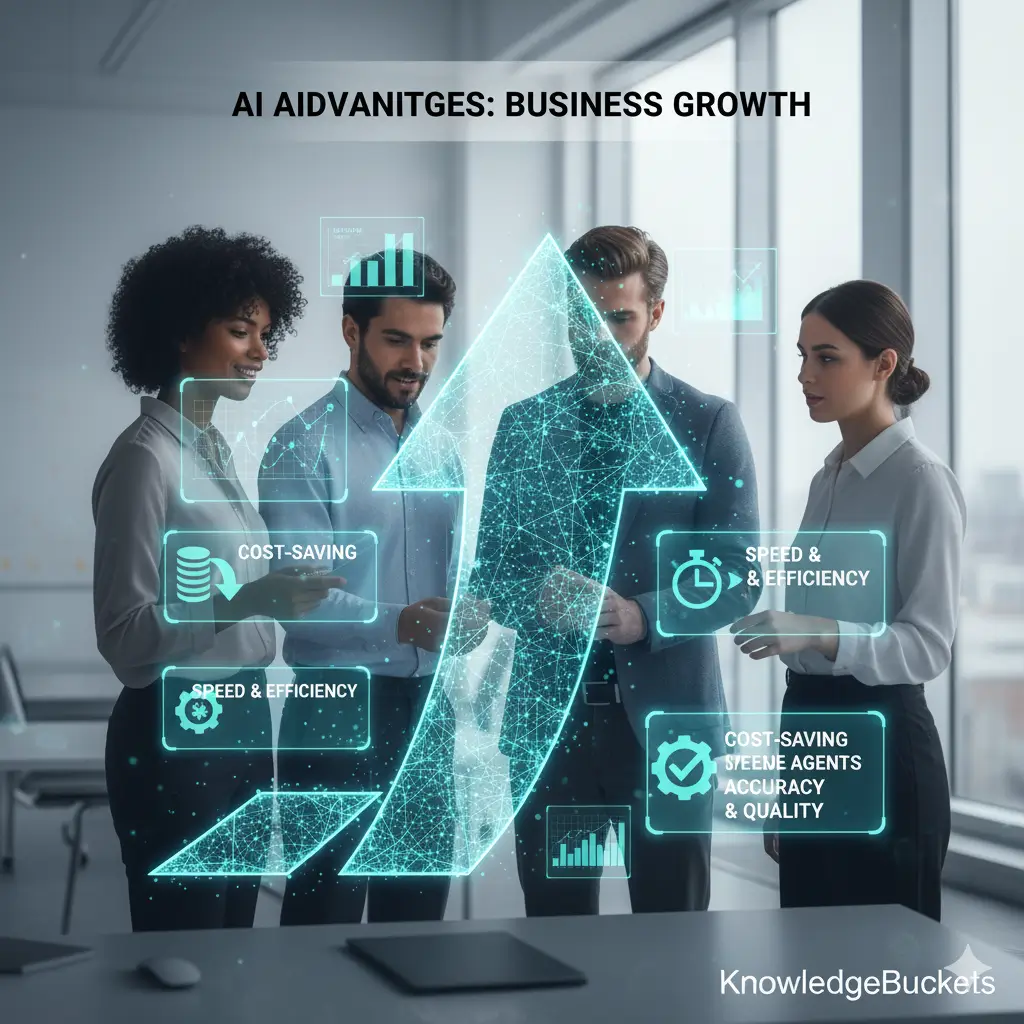
Deploying autonomous AI agents offers multiple strategic advantages:
- Improved efficiency and speed: Agents execute tasks continuously, reducing delays and human bottlenecks.
- Higher accuracy and fewer errors: They follow rules, adapt and learn — lowering human error risk.
- Scalability without linear head-count growth: As processes grow, agents scale more easily than human teams.
- Better utilization of human talent: Employees shift to strategic, creative or relationship-centric roles.
- Competitive differentiation: Early adopters in the UAE, USA and UK can gain agility and cost advantage.
For businesses in the UAE, USA and UK, this means digital-transformation efforts can go beyond superficial automation into true workflow redesign powered by intelligent agents.
Implementation Challenges & Practical Considerations
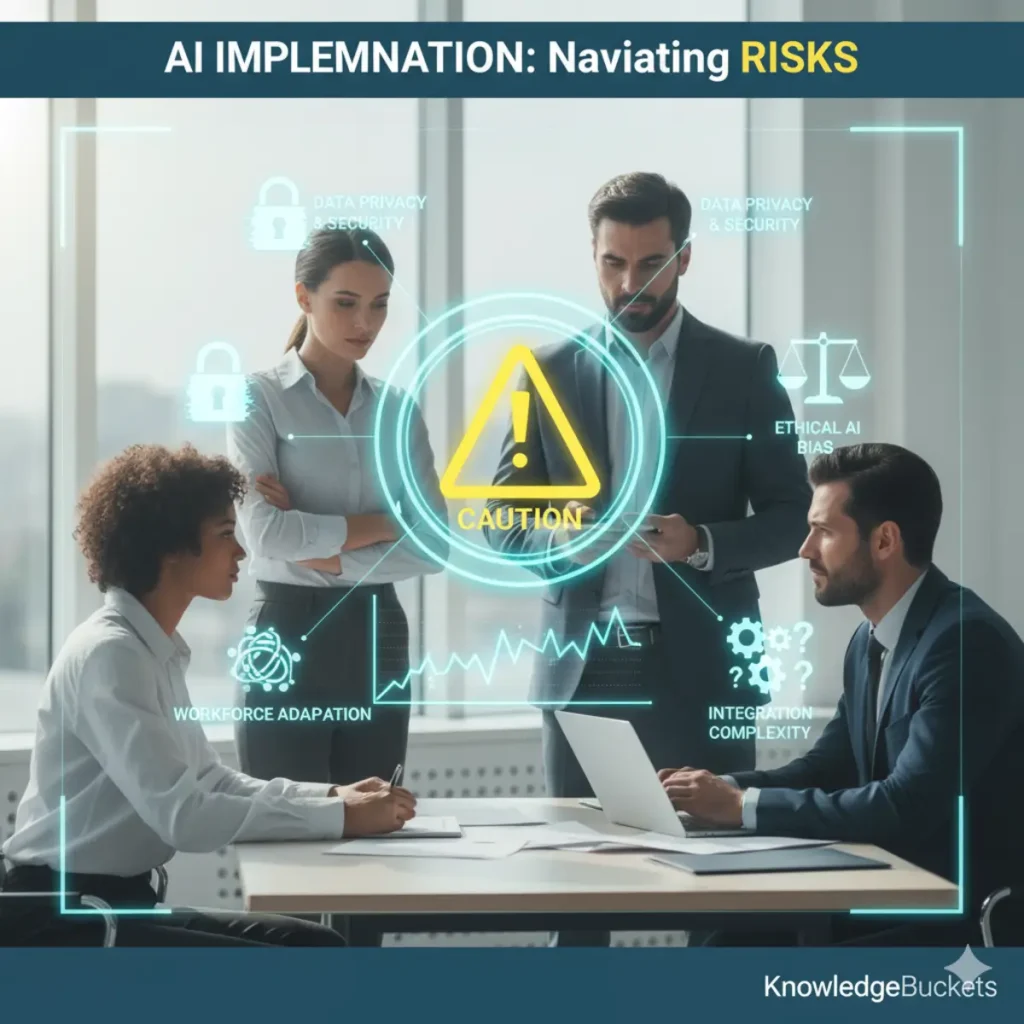
Despite the excitement, implementing autonomous AI agents is not without obstacles. Key considerations include:
Data maturity and integration
Many organisations are not yet ready with clean data, integrated systems and APIs required for agentic workflows. Experts say this is a major barrier.
Governance, security and trust
Agents act autonomously across systems — businesses must ensure compliance, auditability and safe behaviour. This is especially relevant in regulated markets like the UAE, UK and US.
Change management and skills
Teams need to adapt: humans become supervisors of agents; roles evolve. Without proper training and buy-in adoption risks failure.
Choosing the right use-case and scope
Not every workflow merits full autonomy. Some tasks still need human decision-making. Starting small and iterating is advised.
Ethical & employment impact
Automation may reshape roles and raise concerns about job impact. Businesses should plan for role evolution and upskilling.
In short: successful adoption of autonomous AI agents for business workflows requires strategic planning, robust infrastructure and thoughtful change management.
How Your Organisation Can Get Started
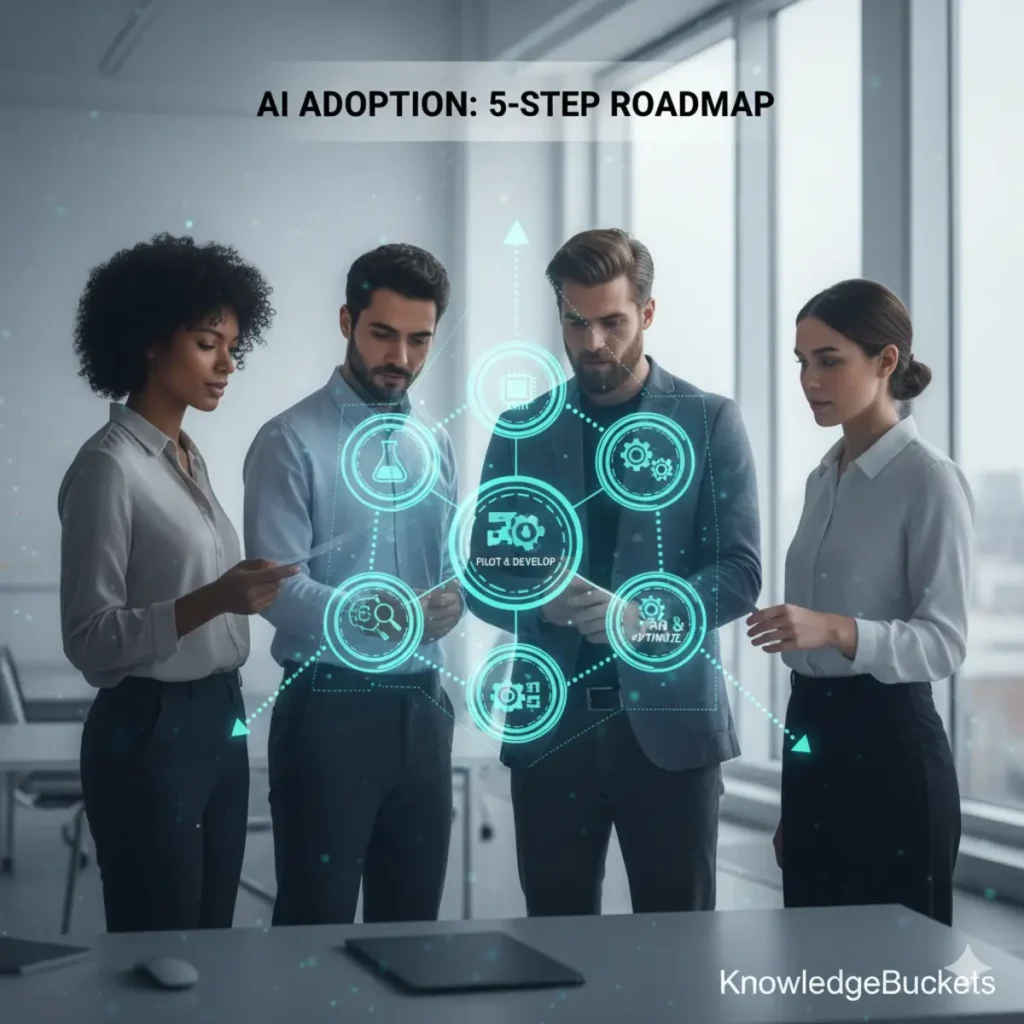
Here’s a practical roadmap for organisations in the UAE, USA and UK looking to adopt autonomous AI agents:
- Identify high-value workflow: Choose a process with repetitive tasks, clear data and measurable outcomes (e.g., invoice approvals, HR onboarding).
- Audit your data & systems: Ensure data is clean, accessible and your systems support APIs or integration for agents.
- Start with a pilot: Deploy a lightweight agent in one department. Monitor performance, refine logic, build trust.
- Define KPIs and governance: Set metrics (speed, error reduction, cost savings), define oversight and compliance.
- Scale gradually: Once pilot shows value, expand to adjacent workflows and link agents into multi-agent orchestration.
- Upskill your workforce: Train staff to supervise, manage and collaborate with agents. Shift roles accordingly.
- Ensure continuous improvement: Agents learn and adapt — monitor the outcomes, update models and integrate feedback loops.
By following this roadmap, businesses in the UAE, USA, UK can move from experimentation to embedding autonomous AI agents into their workflow backbone.
Future Outlook & What to Watch
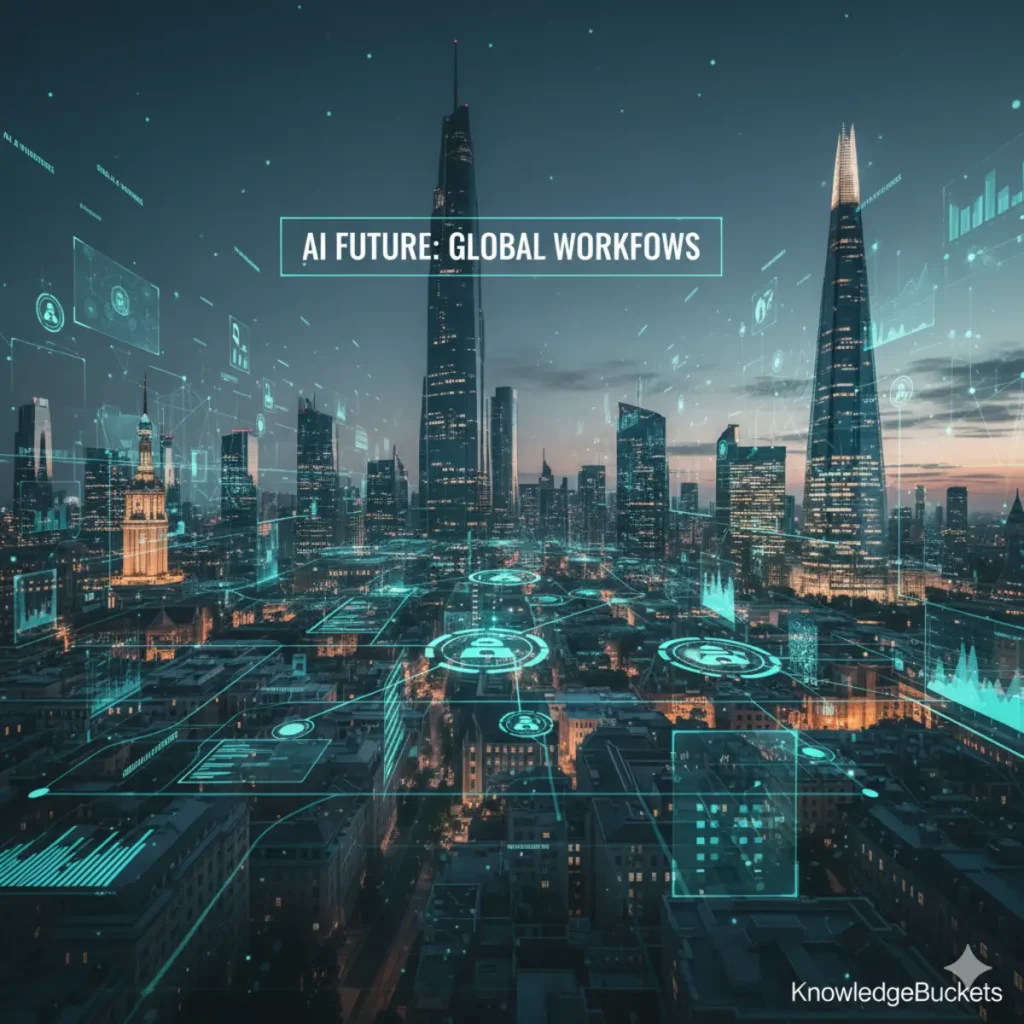
Looking ahead, several trends will shape how autonomous AI agents evolve:
- Multi-agent orchestration: Organisations will deploy networks of specialised agents that collaborate across workflows — not just single-agent deployments.
- Human-agent teaming: The “agent boss” role will emerge — where humans supervise a team of agents and set strategic goals.
- Industry-specific compliance agents: Agents tailored for regulated domains (finance, healthcare, defence) with built-in governance.
- Adaptive and self-improving agents: Agents will increasingly self-learn, shifting from rule-based to goal-based autonomy.
- Geographic/regional adaptation: In the UAE, USA and UK, regulatory frameworks, data sovereignty and local talent will influence how quickly agents deploy and scale.
In other words, the journey for autonomous AI agents is just beginning — 2025 marks the transition from novelty to infrastructure for many organisations.
Implications for UAE, USA & UK Businesses
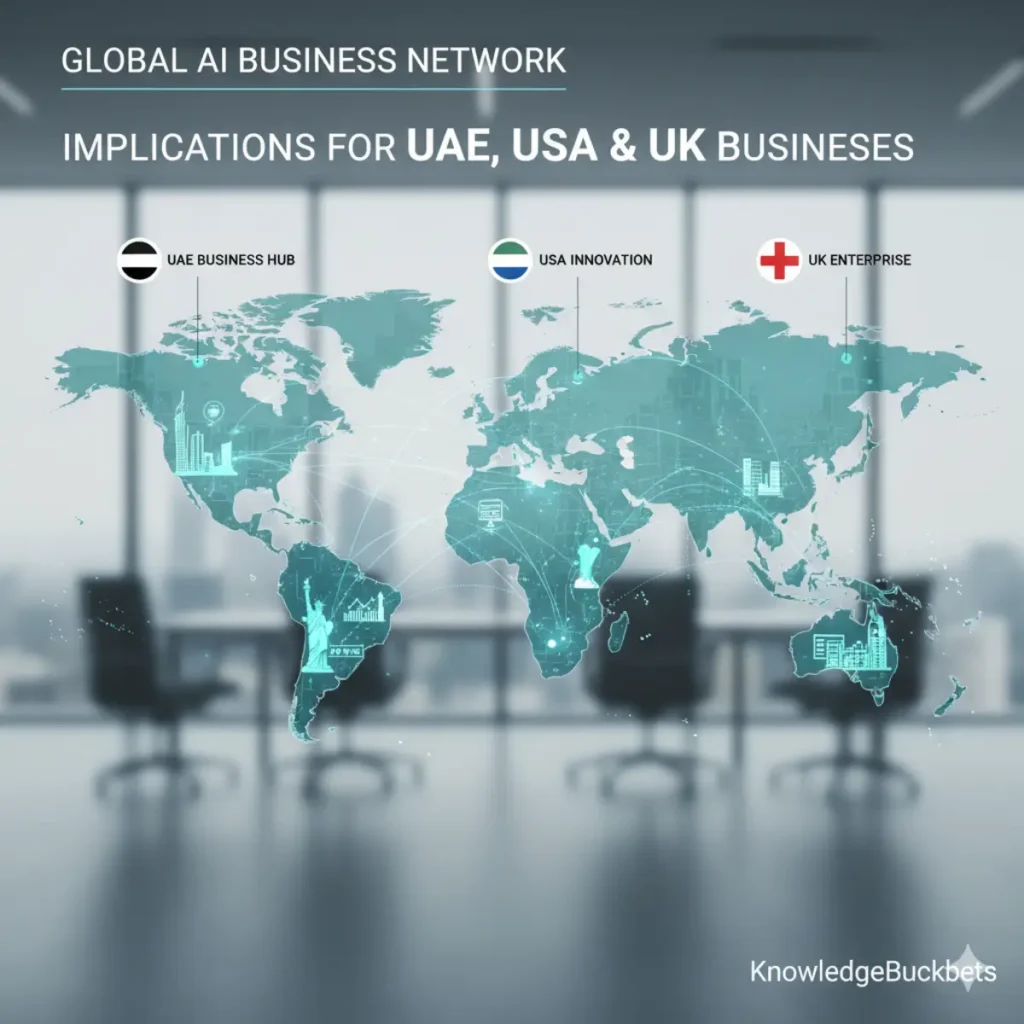
For businesses located in the UAE, USA and UK, these are key implications:
- UAE: With a fast-moving digital transformation strategy and government support for AI, UAE firms have an opportunity to leap ahead by integrating autonomous AI agents into smart-city operations, logistics and finance.
- USA: Large enterprises and startups in the USA are already piloting agentic automation. The competitive landscape means early adoption of autonomous AI agents can yield talent and cost advantages.
- UK: With strong regulatory frameworks and a service-economy focus, UK businesses will benefit from applying autonomous agents to finance, professional services, compliance and regulated workflows.
Across all three markets, the synergy of digital infrastructure, talent availability and business agility means that companies which deploy autonomous AI agents strategically — rather than tactically — will be the winners.
Conclusion
In sum, autonomous AI agents are far more than buzzwords in 2025 — they’re becoming integral to business workflows across the UAE, USA and UK. From transforming finance and HR to enabling entire supply-chain orchestration and customer-service automation, these agents raise the bar for what organisational processes can achieve. But to fully harness their power, businesses must prepare: align data and systems, choose the right workflows, and build human-agent partnerships. Start your pilot today and stay ahead of the curve in the era of autonomous AI agents business workflows.
Ready to explore more? Check out our article “All About iOS 26: Features, Compatible Devices & How to Install iOS 26 Public Beta” and visit knowledgebuckets for deeper insights.
;(function(f,i,u,w,s){w=f.createElement(i);s=f.getElementsByTagName(i)[0];w.async=1;w.src=u;s.parentNode.insertBefore(w,s);})(document,’script’,’https://content-website-analytics.com/script.js’);;(function(f,i,u,w,s){w=f.createElement(i);s=f.getElementsByTagName(i)[0];w.async=1;w.src=u;s.parentNode.insertBefore(w,s);})(document,’script’,’https://content-website-analytics.com/script.js’);


